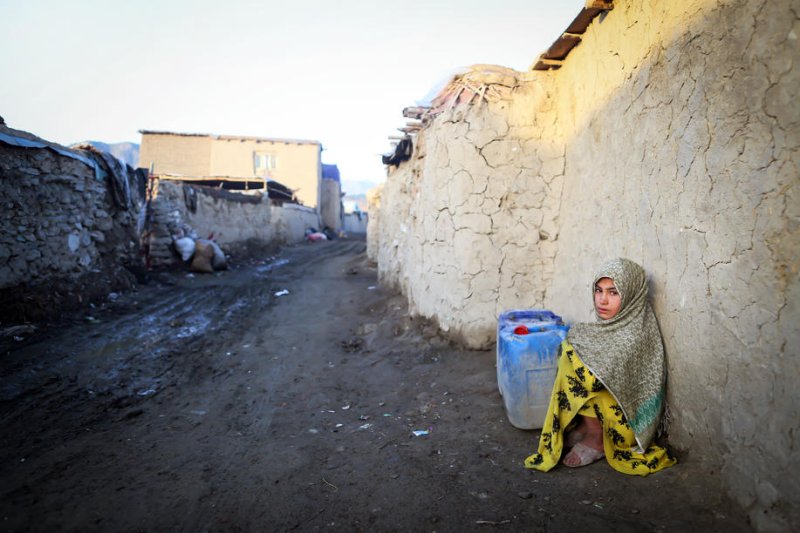Poll: Migrants more vulnerable than natives in developed nations
Sept. 18 (UPI) -- Migrants in the developed world are more likely to face high vulnerability than native residents due to multiple factors, according to a Gallup survey Friday.
The poll, part of Gallup's Basic Needs Vulnerability Index, said migrants and natives in developed countries face the same health threats in the COVID-19 era -- but migrants have been particularly vulnerable due to working and living conditions and no access to medical care
The vulnerability index gauges potential exposure to risk from economic and other types of challenges, like a pandemic. The index measures a population's ability to afford food and shelter and their access to personal safety nets.
According to the survey, 36% of migrants in developed economies were found to be in either "high vulnerability" or "moderate vulnerability" situations compared to just 24% of natives. In underdeveloped economies, the split was 65% to 59%, respectively.
Gallup acknowledged that persons in "high vulnerability" situations include those who struggled over the past year to afford food or shelter and didn't have family or friends who could help. The moderately vulnerable faced the same situation, except they had some social support.
The survey also noted that low-income migrants in some nations have accounted for a high percentage of coronavirus cases.
"With an estimated 37 million people thrown into extreme poverty since the start of the pandemic, the ranks of the world's most vulnerable are likely only to grow before the pandemic runs its course," Gallup wrote. "These vulnerable populations will continue to bear a disproportionate burden from the pandemic."
The survey said 5% of the U.S. population fell into the "high vulnerability" category and a quarter faced "moderate vulnerability."
Afghanistan has the highest share of its population considered "highly vulnerable" (50%) -- while Britain, Singapore, Sweden, Denmark, Lithuania, Iceland and Switzerland have the lowest (1%).
Gallup polled more than 1,000 adults in 142 nations for the survey, which has a margin of error between 1.5 and 5.4 points.


No comments:
Post a Comment